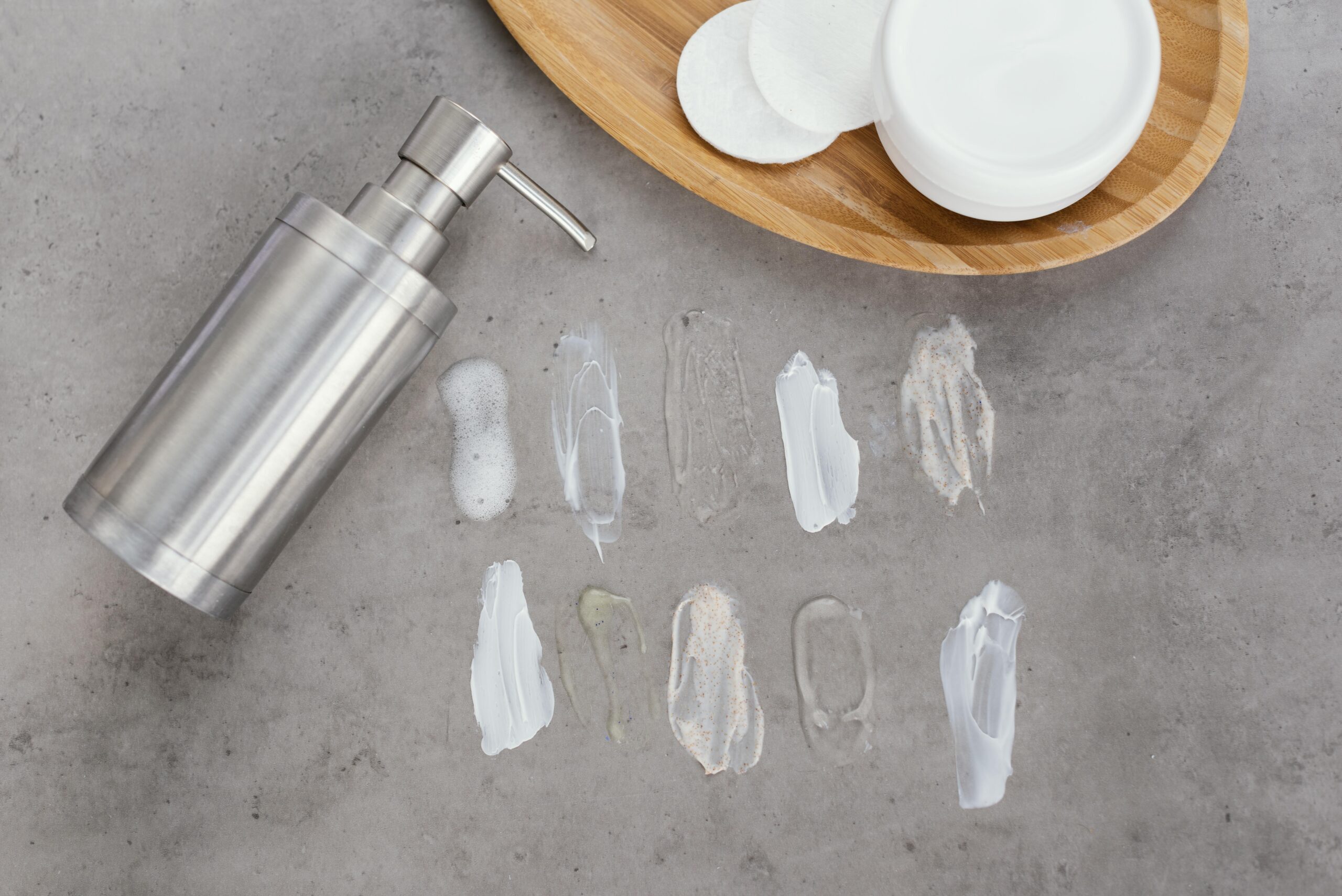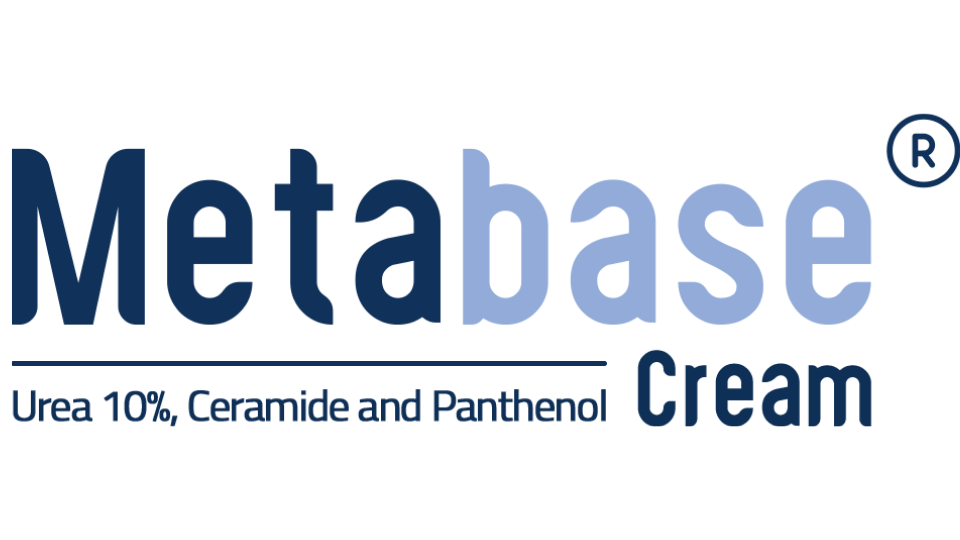
Moisturizers: How They Work and Why Your Skin Needs Them
Unpacking “Moisturizer”: Beyond the Marketing Hype
The term “moisturizer” is a popular one in the beauty world, coined to describe creams and lotions that boost skin hydration. In the medical community, these vital products are often known as emollients. However, it’s important to understand that while all emollients moisturize, not every product marketed as a moisturizer strictly fits the definition of an emollient.
Regardless of the label, moisturizers are fundamental to maintaining healthy skin, especially for those battling a weakened skin barrier, increased water loss (scientifically known as Transepidermal Water Loss or TEWL), or persistent dryness. Think of them as essential building blocks for a resilient and comfortable complexion.
How Do Moisturizers Work?
The old notion that moisturizers simply sit on the skin like a film is outdated. Modern science reveals a much more sophisticated action. A truly effective moisturizer works on multiple levels to:
- Repair and Fortify the Skin Barrier: Imagine your skin barrier as a brick wall protecting your skin. Moisturizers help to repair cracks in this wall and strengthen its overall structure.
- Attract and Bind Water: They act like tiny magnets, pulling moisture from the deeper layers of your skin and even from the air around you into the outermost layer, where it’s needed most.
- Minimize Water Loss (TEWL): By creating a protective layer and strengthening the barrier, they significantly reduce the amount of water that evaporates from your skin’s surface.
- Rebuild the Skin’s Natural Support System: They help replenish the essential fats and oils (like ceramides, fatty acids, and cholesterol) that naturally exist in your skin and are crucial for a healthy barrier.
Through these actions, moisturizers not only provide immediate hydration but also improve your skin’s long-term ability to stay healthy and resilient.
The Three Main Types of Moisturizing Ingredients
To choose the right moisturizer, it helps to understand the main types of ingredients it contains:
A. Occlusives: The Sealants
Occlusives form a physical barrier on the skin’s surface, preventing moisture loss. They work best when applied to damp skin.
- Petroleum Jelly: Most effective, can reduce TEWL by up to 98%
- Mineral Oil, Lanolin, Silicones (e.g., Dimethicone): Provide lighter occlusion (20–30% reduction in TEWL)
B. Humectants: The Water Attractors
Humectants are like sponges that draw water into the outer layer of your skin. They can pull moisture from the deeper layers of your skin or even from humid air.
- Common Hydration Heroes: Urea, Hyaluronic Acid, Glycerin, Lactic Acid: These are workhorses for attracting and binding water within the skin.
- The Dual Action of Higher Concentrations: Interestingly, at higher concentrations, some humectants like urea and lactic acid also gently exfoliate the skin, helping to remove dry, flaky patches.
- Important Note: In dry environments, humectants used alone can sometimes pull moisture out of the deeper skin layers. That’s why they work best when paired with occlusives to seal in the hydration they attract.
C. Emollients: The Smooth Operators
Emollients work by filling in the tiny cracks and gaps between skin cells, making your skin feel softer, smoother, and less rough. Many emollients are rich in lipids (fats) that also support a healthy skin barrier.
- Nature’s Soothers: Shea Butter, Aloe Vera: These natural ingredients are known for their emollient and often soothing properties.
- Barrier Builders: Fatty Acids (like linoleic acid), Cetyl Alcohol (a “good” fat): These help to replenish the skin’s natural lipids and support its protective barrier.
- Dual-Role Ingredients: Some clever ingredients, like mineral oil and jojoba oil, can act as both emollients (smoothing) and occlusives (sealing).
Why Moisturizers Are Non-Negotiable for Certain Skin Conditions
For individuals dealing with conditions like eczema, psoriasis, or chronic dry and sensitive skin, the skin barrier is often compromised, making it more vulnerable to irritation and moisture loss. In these cases, moisturizers are more than just a cosmetic step – they are a vital part of management:
- Intense Rehydration: They replenish much-needed moisture in dry, parched areas.
- Calming Inflammation and Itch: Many moisturizers contain ingredients that help to soothe irritated skin and reduce uncomfortable itching.
- Shielding Against Irritants: By strengthening the skin barrier, they create a protective shield against environmental triggers and allergens.
- Boosting Effectiveness of Medical Treatments: Well-hydrated skin can better absorb topical medications prescribed by dermatologists.
Dermatologists frequently recommend consistent and strategic use of moisturizers as a cornerstone of managing these challenging skin conditions.
Metabase Cream: A Smart Approach to Skin Hydration and Barrier Repair
Metabase Cream is specifically formulated to repair and strengthen the skin barrier — addressing the very damage caused by poor skincare habits. Here’s how it helps:
- Deep hydration: Ingredients like Urea and Panthenol effectively draw moisture into the skin, restoring its softness and flexibility.
- Barrier protection: Dimethicone and Paraffin Oil create a breathable yet protective shield that prevents further water loss and defends against external irritants.
- Soothing and calming: Calendula and Allantoin work to reduce redness and irritation, promoting the recovery of skin that has been compromised by overwashing or over-exfoliation.
- Safe for daily use: Its non-comedogenic and dermatologist-approved formula allows for daily application on both the face and body without the risk of clogging pores.
With consistent use, Metabase Cream actively supports the skin’s natural healing processes, helping it recover from the effects of poor habits and maintain long-term hydration, balance, and resilience
The Bottom Line: Moisturizers Are Essential, Not Just a Luxury
Moisturizers are far more than just a way to make your skin feel smooth. They are fundamental tools for maintaining a healthy, resilient skin barrier, which is crucial for overall skin health and comfort. By understanding the science behind moisturizing ingredients and how they work together, you can make informed choices about the products you use.
With its science-backed formulation focused on comprehensive hydration and skin barrier repair, Metabase Cream offers a prime example of a moisturizer that goes beyond surface-level benefits to provide genuine, lasting support for your skin’s health and well-being.
